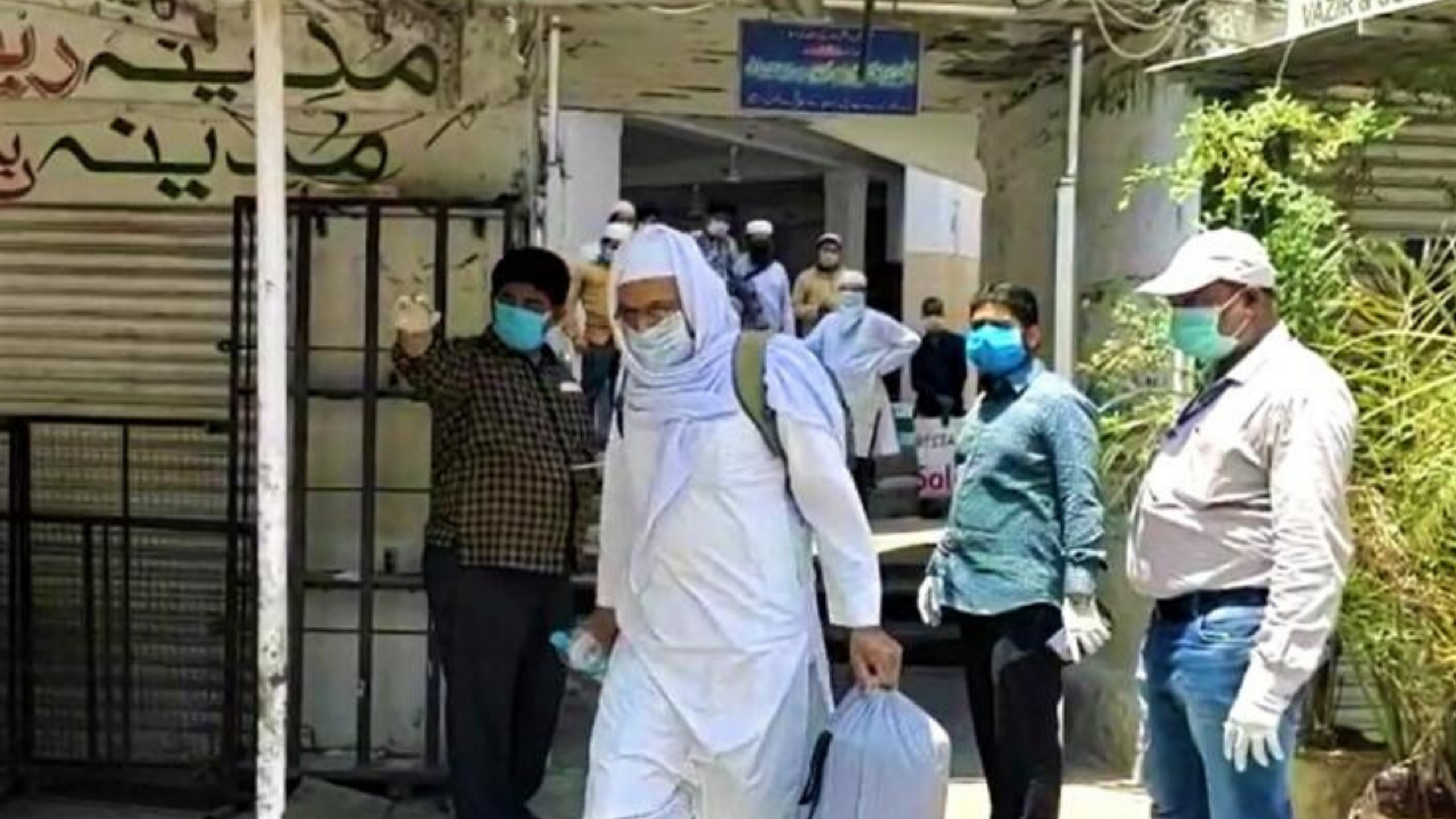A metropolitan court in Mumbai on Monday acquitted 20 foreign nationals who are members of the Tablighi Jamaat, observing that the prosecution has not provided even an iota of evidence to support the allegation that they violated the lockdown norms.
With the acquittal of these 20 foreigners – 10 each from Indonesia and Kyrgyzstan, all cases against foreign nationals linked to the Tablighi Jamaat in the Mumbai Metropolitan Region have ended “either in acquittals or discharge, being cleared of all charges”, The Indian Express reported.
They were booked in separate cases in April by the DN Nagar police station in Andheri in two separate cases, which invoked charges such as an attempt to murder, culpable homicide not amounting to murder, violation of visa rules and the rules promulgated during the COVID-19 lockdown.
However, after observing that there was no evidence to show they had caused deaths by spreading the virus, the serious charges of attempt to murder and culpable homicide not amounting to murder were dropped by the Mumbai Police in August, according to the Indian Express.
On October 7, the court dropped all charges but one against the foreigners. They were tried under the Bombay Police Act, for alleged disobedience of an order which laid out the norms to be followed during the lockdown.
The accused told the court that they had informed the local authorities about their stay in Mumbai and stated that they were residing in the mosque because they were unable to return to their countries, in the light of travel restrictions which were imposed during the lockdown. “During the imposition of the lockdown and their ultimate shelter in a mosque or nearby will not render them responsible for such contravention,” the court said in the verdict issued on Monday.
The court said that from the prosecution evidence, it transpires that none of the examined witnesses saw the accused persons together in the form of assembly. “Per contra the prosecution witnesses admitted that they have not seen accused persons contravening any directions or order issued by the authority,” the court said.
“The said witnesses were also not found in a position to tell where and how the accused person was residing at the time of the alleged offence. Thus there is no iota of evidence with the prosecution to show any contravention of the order by accused persons beyond all shadow of a doubt,” the judgment records, before acquitting them of all charges.
The foreign nationals will now be allowed to return to their countries after completing formalities.
This comes after the Bombay High Court quashed FIRs filed against a total of 29 foreign nationals while stating that the Tablighi Jamaat members were made “scapegoats” and criticised the “big media propaganda” against them after noting that they were “virtually persecuted” with a campaign that they were responsible for spreading COVID-19 in India. In June, the Madras HC had quashed FIRs against Tablighi Jamaat foreigners after observing that they had “suffered enough” and urged the centre to consider their request to return to their native places.
Related
Rushda Fathima Khan is the Staff Reporter for The Cognate.











































